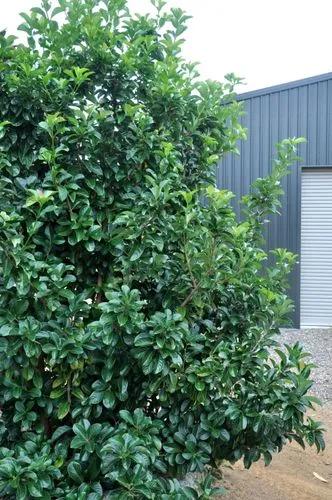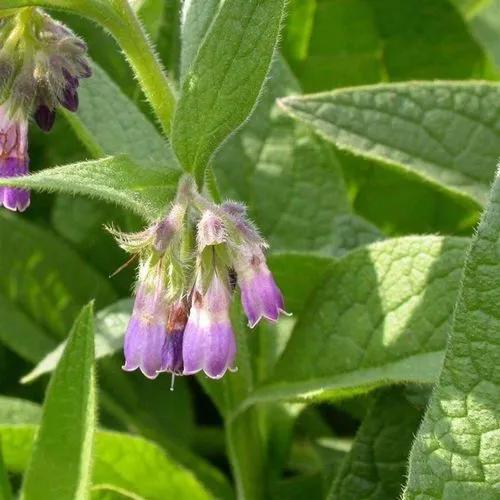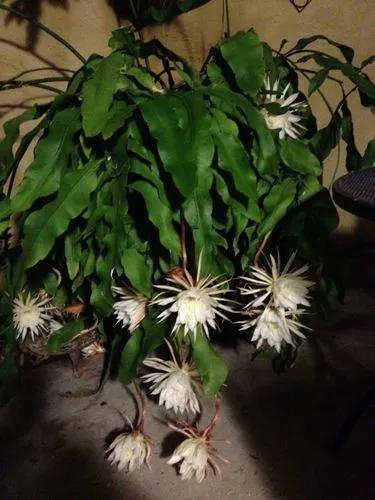Milk thistle is a heady, spiny plant with white-veined leaves and purple flowers. The seed of the milk thistle plant is commonly used to treat chronic inflammatory liver disorders and it is among the top-selling medicinal herbs. While milk thistle products are easy to come by, this is a great herb to grow at home. It requires very little care and a controlled environment to prevent invasive growth.
Milk Thistle Care
Silybum Marianum



How to Care for the Plant

Water

Milk thistle is a very drought tolerant plant and prefers dry conditions. It should not be necessary to water milk thistle unless there are very extreme conditions of drought.

Fertilizer

If you wish to increase the seed production of milk thistle, you can fertilize this plant with nitrogen and potassium. However, that is rarely necessary because milk thistle is a hardy plant that thrives in poor soils.

Sunlight

a sunny position

Soil

Milk thistle is a hardy plant that grows well in different environments, but it prefers high temperatures and dry conditions. The only requirement for milk thistle is a well-draining soil.

Temperature

any temperature between 32 F. and 86 F. (0 C. and 30 C.)

Additional

While safe for humans to eat, milk thistle is considered toxic to livestock, which is bad, as it often grows in pastures and is hard to get rid of. When grown on nitrogen rich soils, especially those that have been fed with chemical fertilizers, this plant can concentrate nitrates in the leaves. Nitrates are implicated in stomach cancers. Diabetics should monitor blood glucose when using. Avoid if decompensated liver cirrhosis. Possible headaches, nausea, irritability and minor gastrointestinal upset

Popularity

359 people already have this plant 96 people have added this plant to their wishlists
Discover more plants with the list below
Popular articles






